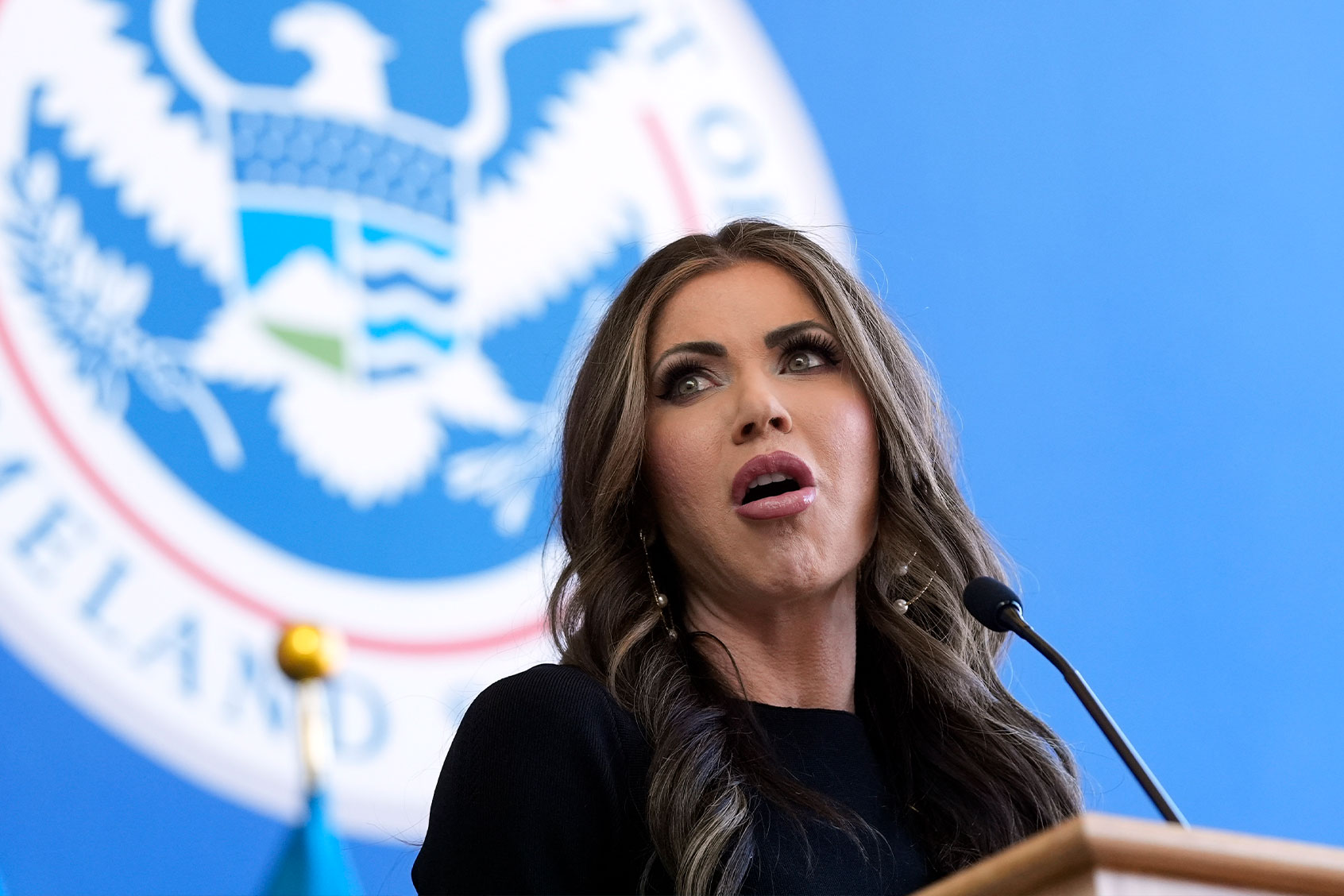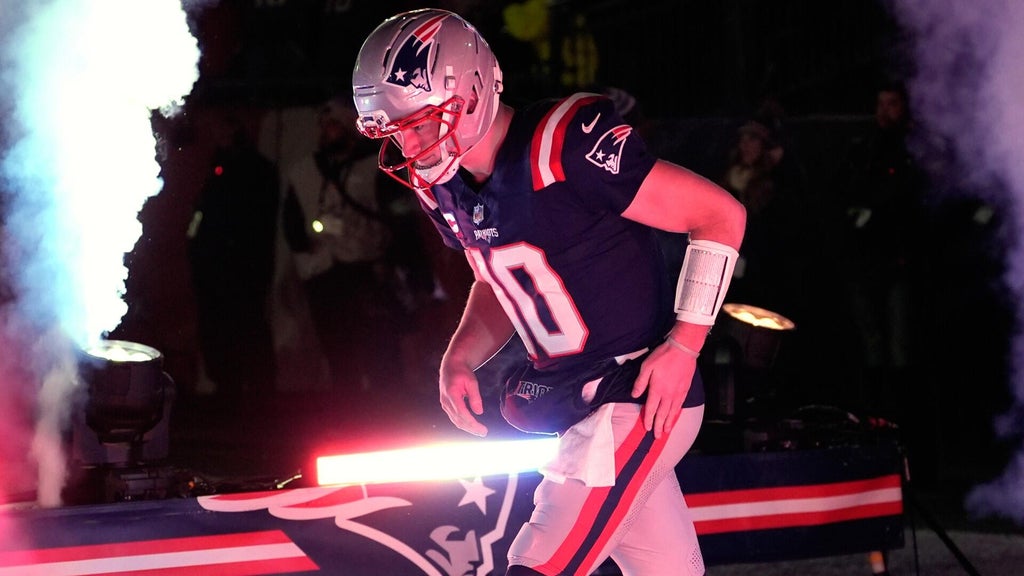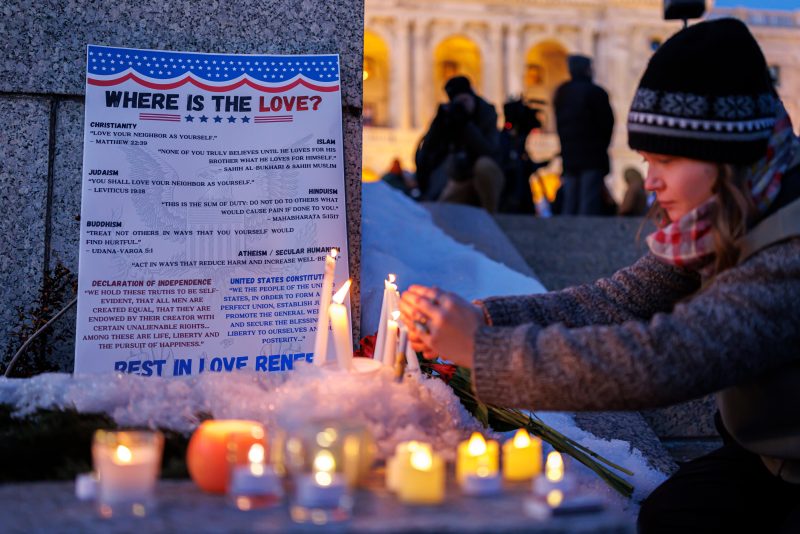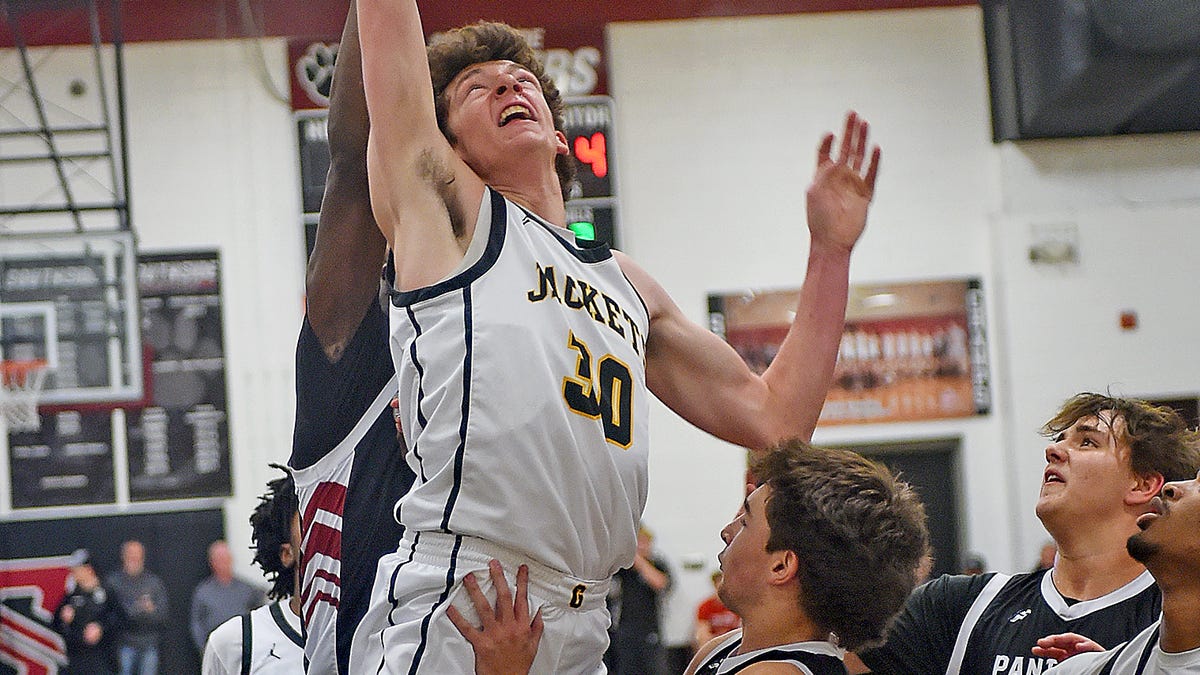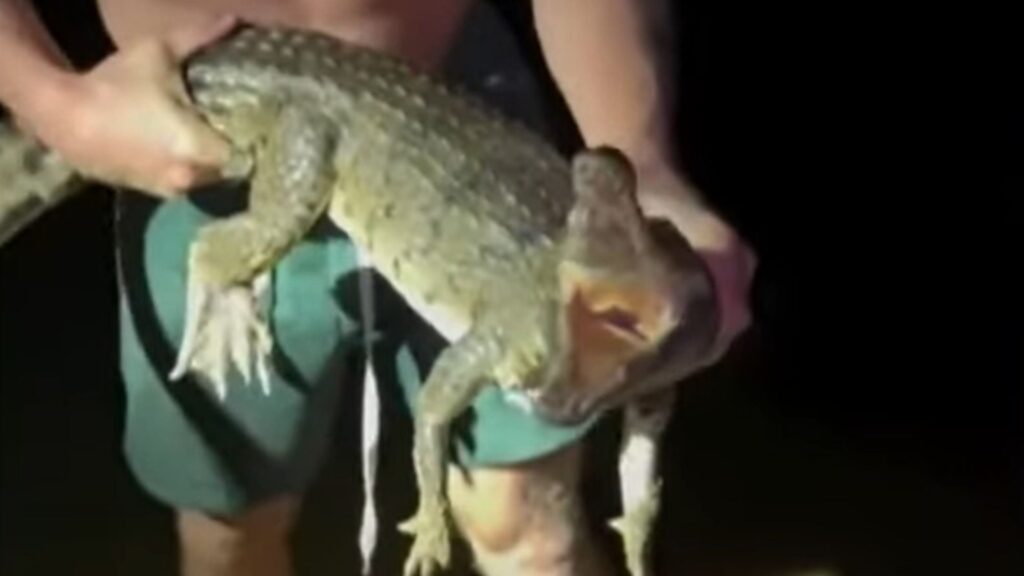
Influencer Colton Macaulay has ignited widespread outrage after posting a video of himself wrestling a freshwater crocodile in Australia. The footage, which garnered nearly 500,000 views before being removed, shows the 27-year-old pulling the reptile from a creek and making derogatory comments about it to his 15 million followers.
The incident took place earlier this year and was filmed in a northern Australian waterway. In the video, Macaulay is seen standing barefoot in the water, gripping the crocodile firmly by the neck while it thrashes its tail. He describes the animal’s distressing sounds, stating, “I don’t think he was happy about it because he started making these sounds like a chainsaw. Or maybe that’s the sound they make when they decide to cry like a little b***h.”
This controversial stunt has drawn significant backlash from animal rights advocates and the general public alike. Many viewers condemned his actions, labeling him a “moron” and criticizing the act as irresponsible and cruel. One commenter expressed disbelief, stating, “How stupid are you?”
Animal Rights Advocates Respond
In response to the video, Ben Pearson, director of World Animal Protection Australia, called the handling of the crocodile “unacceptable” and characterized it as “cruelty for the sake of content.” He emphasized the importance of treating wildlife with respect, stating, “Crocodiles are not a photo prop or plaything.”
Pearson’s concerns highlight a growing trend among influencers who engage in dangerous interactions with wildlife for the sake of gaining online popularity. He noted that Macaulay’s social media account features multiple videos where he interferes with various Australian wildlife, ranging from cassowaries to wobbegong sharks. “Our iconic Australian animals, like all wildlife, are best loved from a distance,” Pearson added.
Freshwater crocodiles, native to northern Australia, are generally not regarded as dangerous; however, they can bite if they feel threatened. It is important to note that a permit is required to handle these creatures legally.
Previous Incidents of Wildlife Stunts
Macaulay’s video follows a similar incident earlier this year involving American hunting influencer Sam Jones. Jones faced criticism after posting a video of herself snatching a baby wombat from its mother, which caused distress to both the animal and its parent. This incident also prompted a wave of condemnation from animal rights advocates who viewed such actions as harmful.
As social media continues to shape public perceptions of wildlife, the responsibility of influencers to act ethically becomes increasingly critical. Engaging in dangerous stunts not only poses risks to the animals involved but also sets a concerning precedent for followers who may attempt to replicate such behavior.
In a digital age where content often trumps ethics, the need for responsible portrayals of wildlife has never been more urgent.
